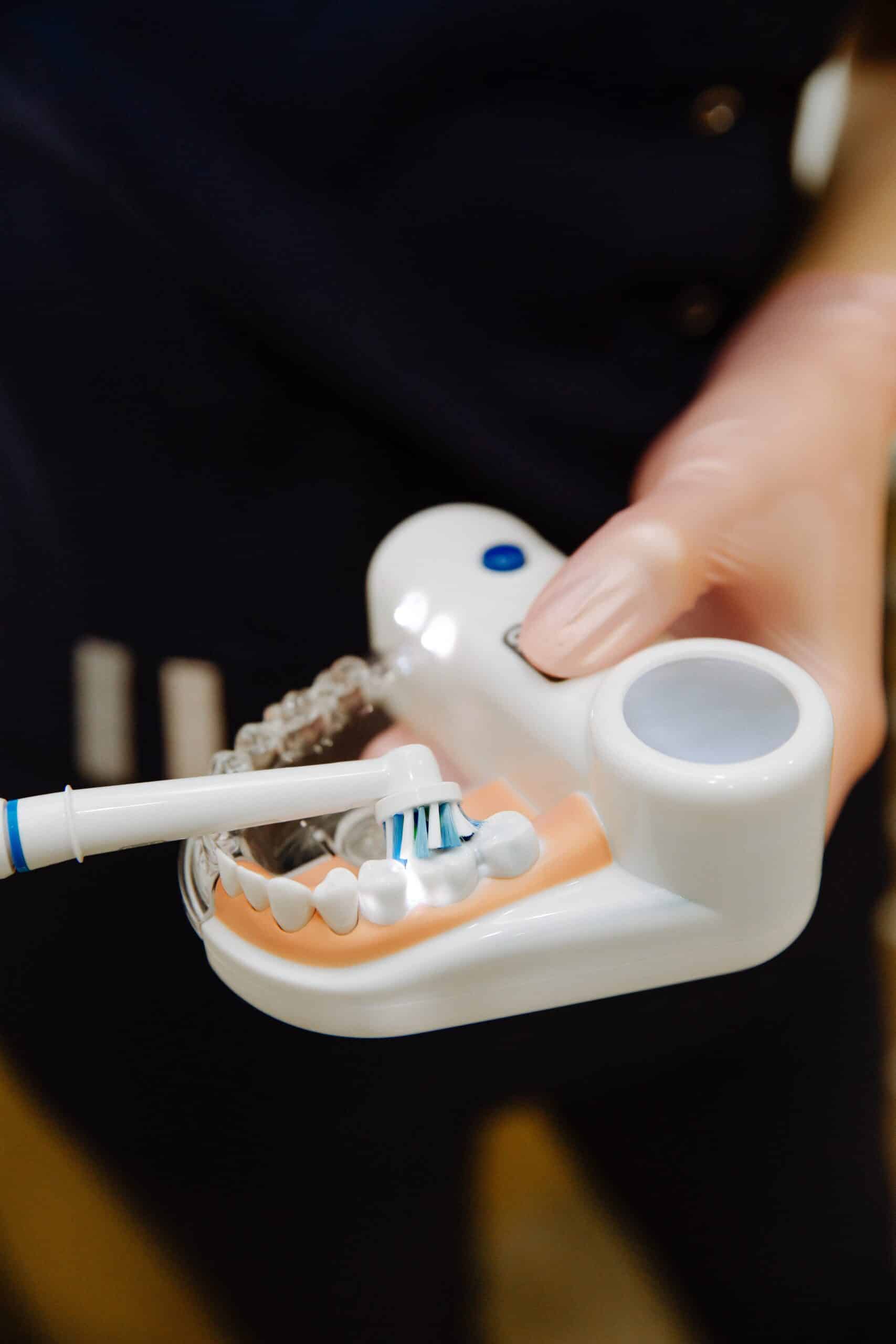The Role Of Saliva In Cavity Prevention: How To Maintain Optimal Salivary Flow
By :
Affordable Dentist | September 25, 2023
Picture this: You're sitting in the dentist's chair, nervously awaiting your check-up, when your dentist drops a surprising fact on you—saliva plays a significant role in cavity prevention. Yes, you read that right! While most of us associate saliva with mere moisture, it's a superhero in disguise when it comes to our oral health. So, if you're looking to maintain those pearly whites and steer clear of those dreaded cavities, it's time to dive deeper into the world of saliva and discover how to keep its flow at its prime. In this blog, we will unravel the fascinating role of saliva in cavity prevention and equip you with the knowledge to ensure optimal salivary flow. Get ready to uncover the secrets of your body's natural cavity-fighting ally!
The Protective Properties of Saliva
Saliva contains calcium, phosphate, and fluoride - key minerals that strengthen tooth enamel and impede cavity formation. The fluid also neutralizes, balancing pH levels in the mouth and countering acidic foods that erode enamel. Saliva's antimicrobial enzymes, including lysozyme and lactoferrin, attack and inhibit cavity-causing bacteria. Above all, these natural defenses work round-the-clock to limit plaque buildup and tooth decay.
How Saliva Flow Impacts Oral Health
Insufficient saliva flow, known as xerostomia or dry mouth, diminishes these protective qualities. You become more prone to cavities, gum disease, bad breath, and other oral health problems without adequate saliva production. A chronically dry mouth provides an environment where decay-causing bacteria can thrive. That's why maintaining healthy salivary function is imperative for cavity prevention. Here's how a proper saliva flow affects your oral health:
- Saliva washes away food debris and neutralizes acids - Reduced saliva flow allows plaque and acids to accumulate. Due to this, it raising the risk for cavities, gum disease, and other dental issues.
- Contains antimicrobial compounds - Insufficient saliva enables bacteria to multiply. As a result, it increases the chances of tooth decay and infection.
- Saliva lubricates the mouth - A dry mouth from reduced saliva makes chewing, swallowing, and speaking difficult and uncomfortable. It can also cause bad breath.
- Facilitates taste - Saliva helps dissolve food particles to allow proper taste perception. Dry mouth distorts taste sensations.
- Saliva aids in remineralization - Saliva contains calcium and phosphate ions that help rebuild and strengthen weakened areas of enamel. Less saliva impedes this remineralization process.
The takeaway is that saliva is essential for cavity prevention and optimal oral function. Chronically low saliva puts you at a much higher risk for tooth decay, infection, and other dental diseases. Be proactive about promoting adequate saliva flow.
Tips to Promote Saliva Flow and Oral Health
Here are some tips to increase saliva production and optimize its cavity-fighting power:
Chew sugarless gum after meals - Chewing gum boosts saliva production to help neutralize acids and wash away food particles. As a result, look for gum with xylitol, which helps prevent cavities.
Eat crunchy, raw fruits and vegetables - Chewing helps stimulate salivary flow. For this purpose, choose high-water content options like apples, celery, and carrots.
Drink green tea - Green tea contains polyphenols that help inhibit bacterial growth in the mouth. Sip it unsweetened.
Use a mouthwash formulated for dry mouth: Use alcohol-free mouthwashes with xylitol or fluoride to moisturize, protect teeth, and reduce bacteria.
Schedule regular dental cleanings - Professional cleanings remove plaque that can irritate salivary glands and cause dry mouth. Your dentist can also check for medication side effects or health conditions contributing to the problem.
Consider a humidifier or vaporizer - Dry indoor air exacerbates dry mouth symptoms. Running a humidifier at night helps prevent your mouth from drying out while you sleep.
Limit salty and spicy foods - Foods high in sodium can promote fluid loss and irritate salivary glands. Skip excess salt and heavily spiced dishes to avoid decreasing saliva further.
In the grand saga of oral health, saliva emerges as an unsung hero, protecting our teeth from the lurking menace of cavities. It's not just a lubricant; it's a dynamic fluid with enzymes, minerals, and an innate ability to fend off harmful bacteria. Now that you understand the pivotal role of saliva in cavity prevention, you're better prepared to maintain its optimal flow. Whether you opt for hydrating habits, dietary tweaks, or prioritize your overall well-being, taking care of your saliva is vital for a cavity-free future. Remember, your oral health is in your hands, or should we say, in your saliva! So, let's raise a glass (of water, of course) to our unsung hero, and pledge to keep it flowing at its best. Here's to healthier smiles and a brighter tomorrow!


